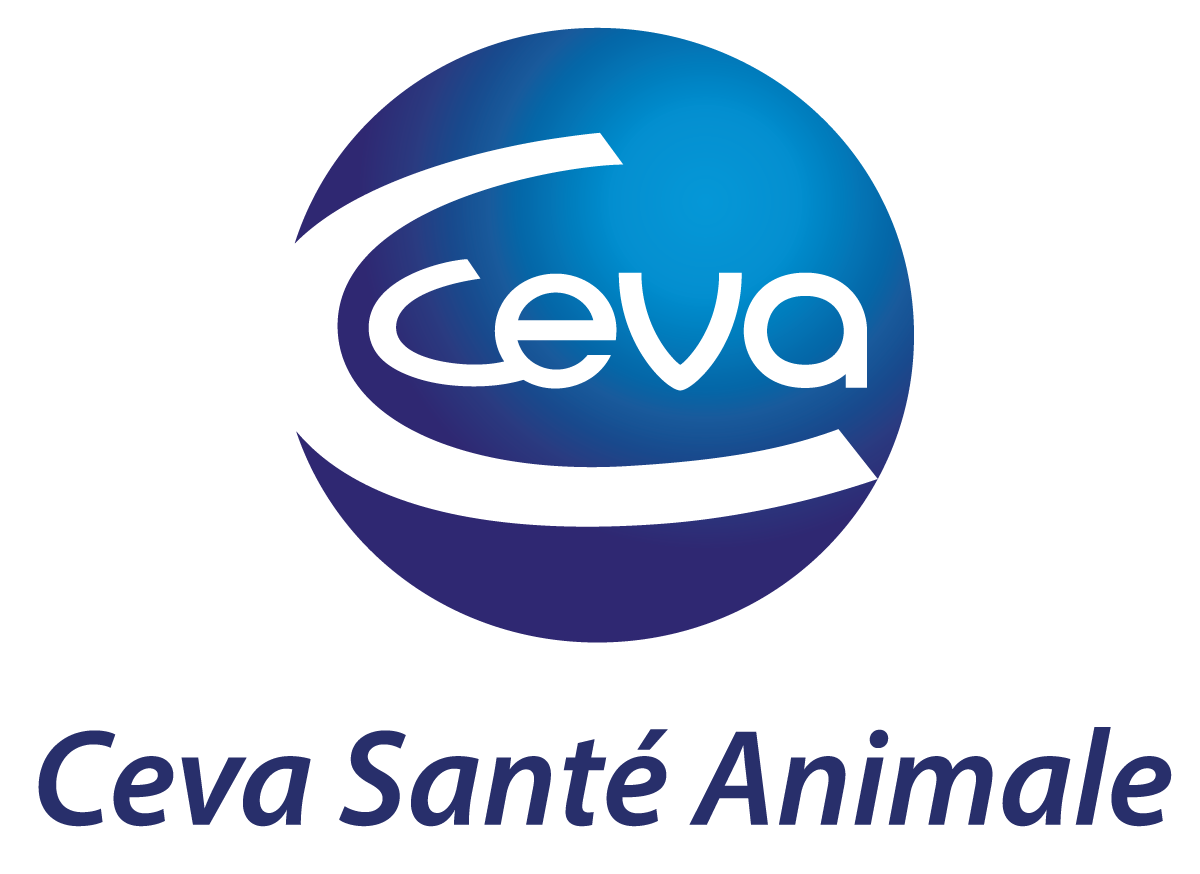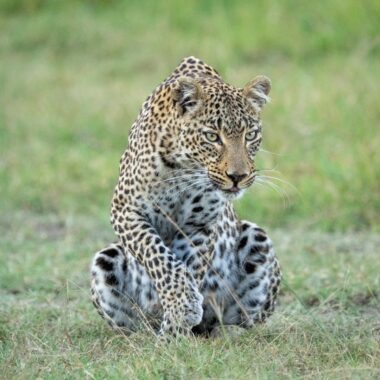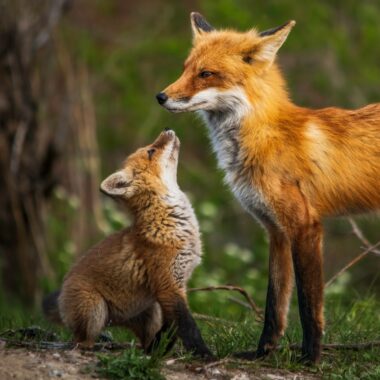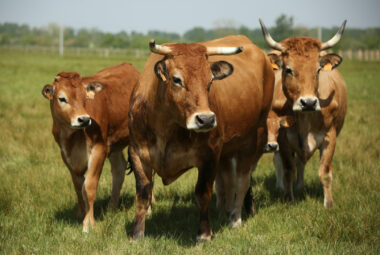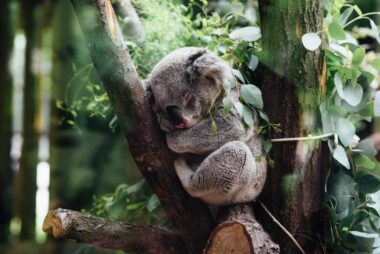
Committed to preserving biodiversity
The Ceva Wildlife Research Fund has already contributed to the funding of several on-the-ground projects aimed at preserving the health of endangered wild animal species. Some of our flagship projects are highlighted below.
Between 2018 and 2021, the koala population in Australia would have decreased by 30%. Several reasons may explain this dramatic situation, in particular the chlamydia that affects a vast majority of individuals concentrated in eastern Australia. This lethal disease is having an impact on their reproduction and long-term survival. This is why the Ceva Wildlife Research Fund is collaborating with the University of the Sunshine Coast in Brisbane, funding the final stage of their vaccine development and associated testing. We are also supporting additional studies to be used in the official registration process of the vaccine.
The research fund also supports Pairi Daiza, awarded the best zoo in Europe, by financing a vaccination program against avian flu, which is widespread in Europe and around the world and therefore threatens the park’s captive birds. This program to preserve the pelicans and peacocks of the Pairi Daiza park is a great example of concrete collaboration with a positive impact.
As part of its projects financing, the endowment fund focused in particular on the fate of the Northern Gannets to protecting them against Highly Pathogenic Avian Influenza (HPAI), in collaboration with CNRS.
The Ceva Wildlife Research Fund also supports a pioneering PhD project in collaboration with the APWG, African Pangolin Working Group. The project focuses on the critical conservation of pangolins, as one of the most enigmatic creatures in the animal kingdom, aiming to contribute valuable insights and strategies for their protection.
